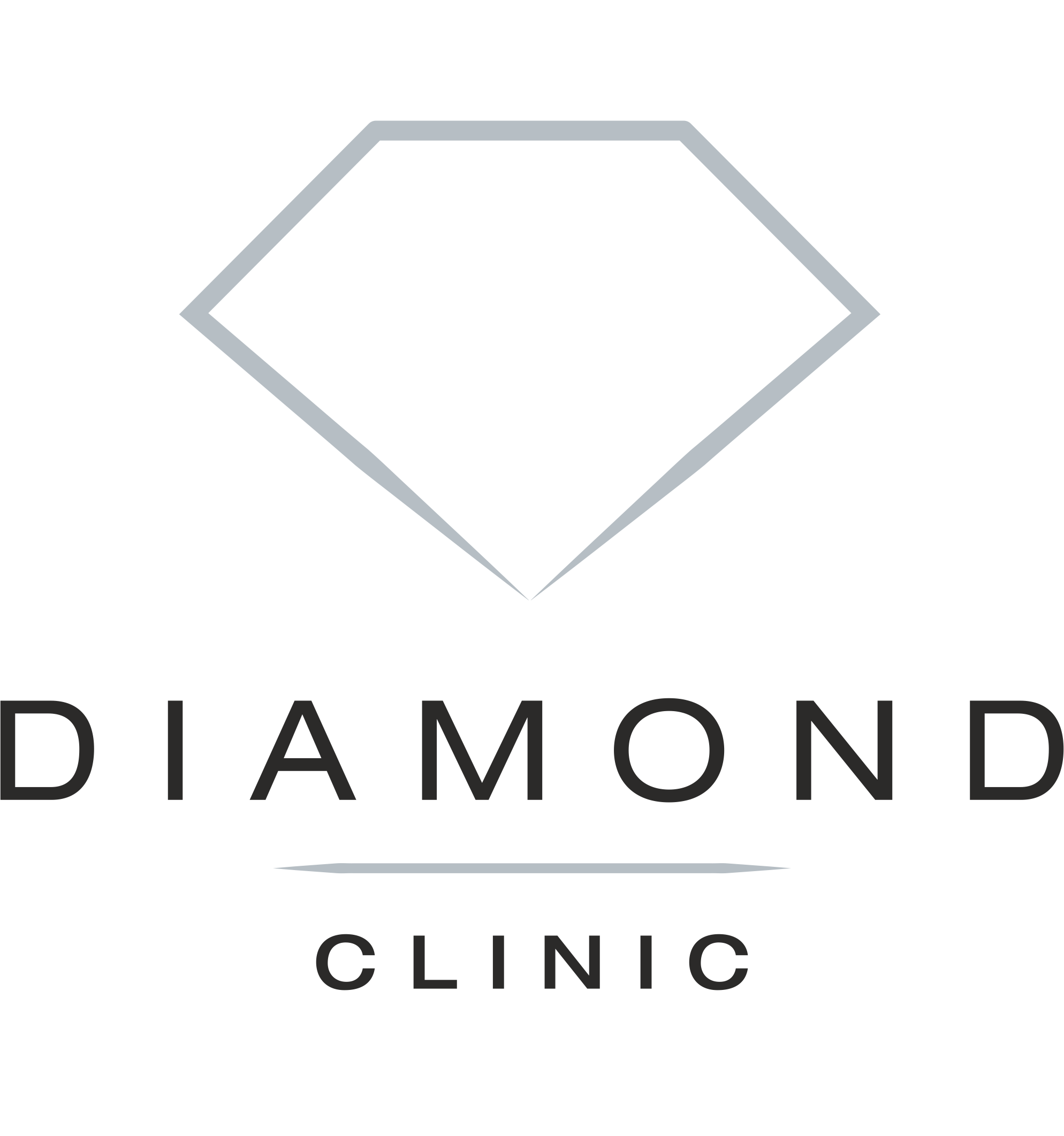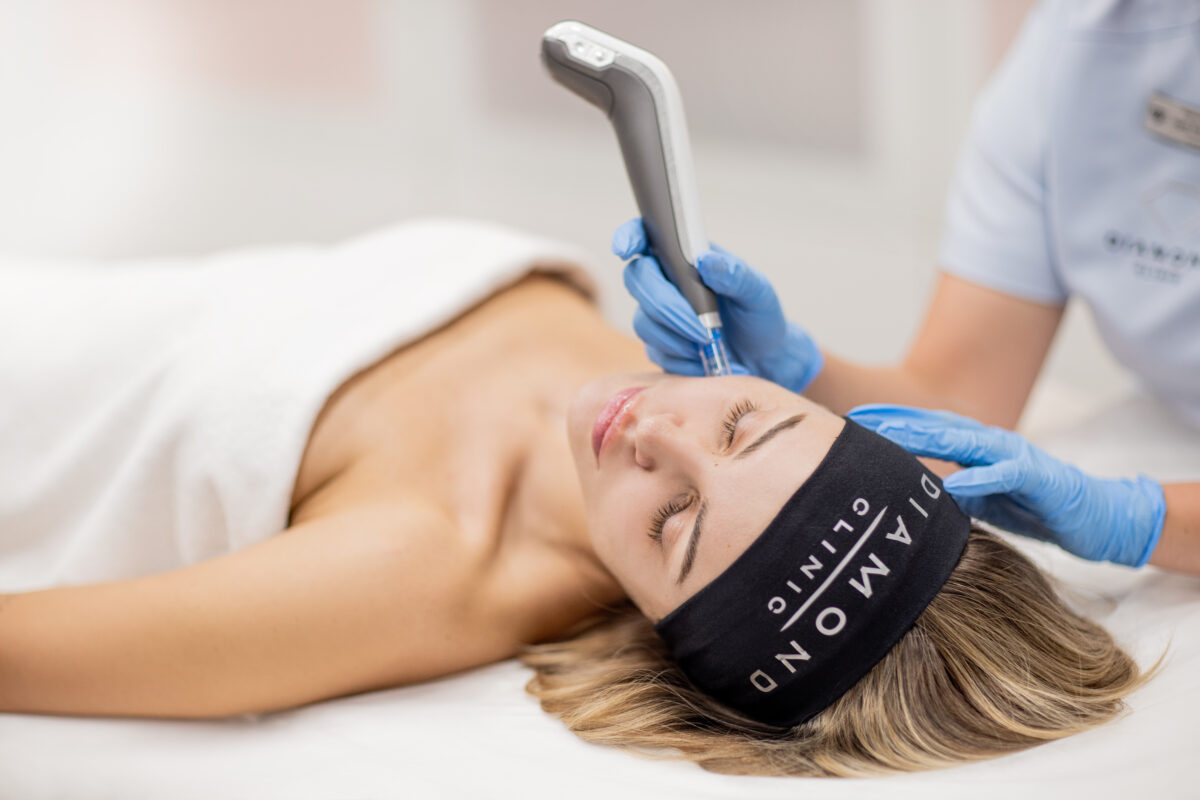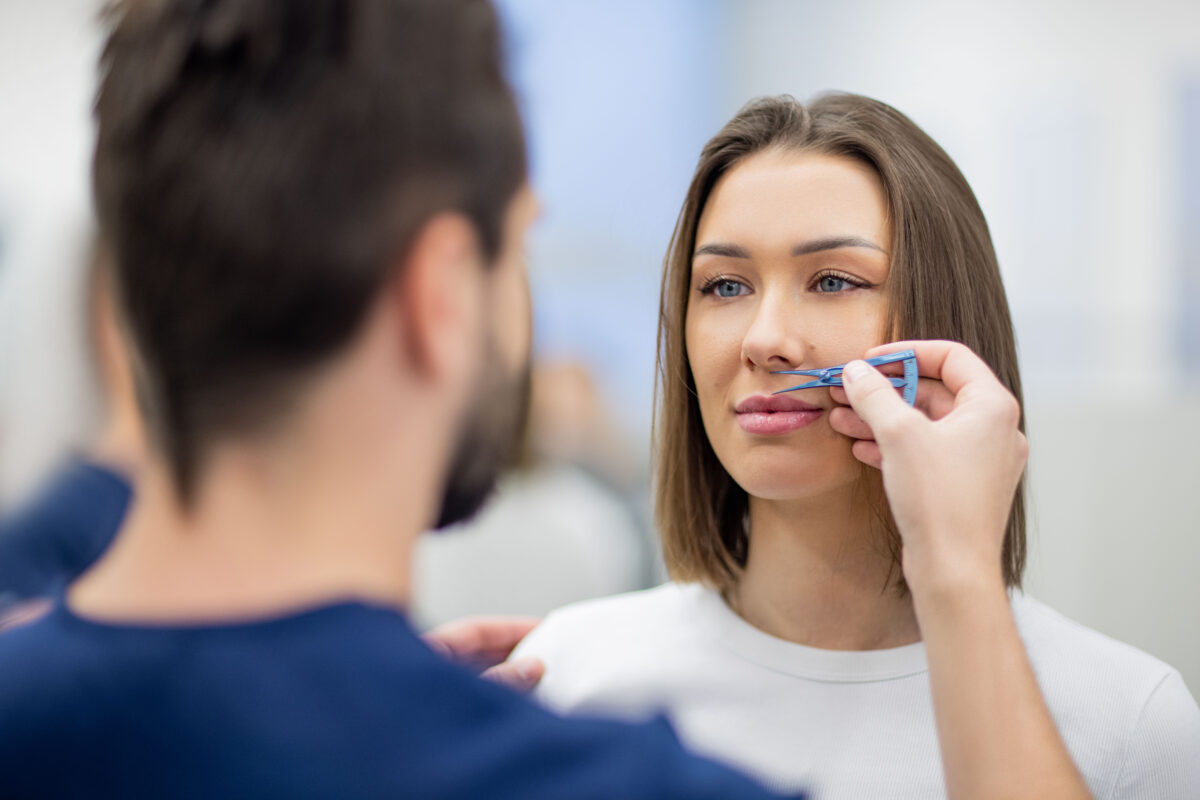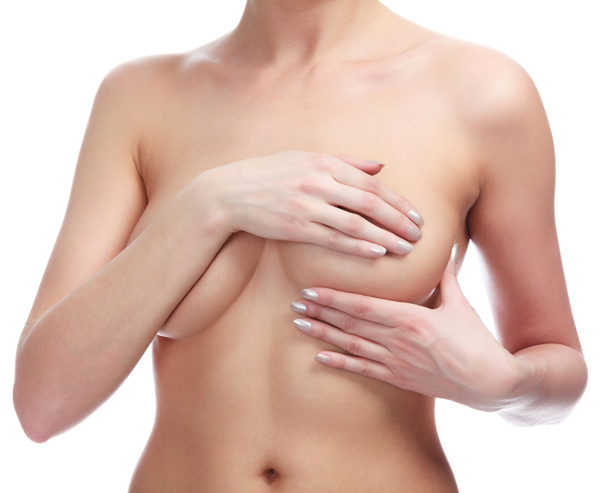Aesthetic medicine
Hyaluronic acid is a chemical compound, from the polysaccharide group, naturally occurring in the human body. It is found in more than 50% of the skin and has strong water-binding properties, which are ensuring the correct level of skin hydration and elasticity. In addition, it promotes the healing of wounds and scars, and has anti-inflammatory and antioxidant effects. As we age, the production of hyaluronic acid decreases, the skin becomes more flabby, drier and more susceptible to injury or infection.
As a matter of its effects, hyaluronic acid is widely used in medicine, including in aesthetic gynaecology.
Vaginal revitalisation with hyaluronic acid is performed under local anaesthesia using a special ointment. It involves performing a series of micro-punctures using mesotherapy (shallow punctures with a very narrow needle), during hyaluronic acid administration. While the procedure goes on, in addition to mesotherapy of the vagina, it is possible to perform an injection of the scar after incision of the perineum (the extent of the procedure to be determined during the consultation before the procedure).
Using hyaluronic acid, the entrance to the vagina can also be narrowed by injecting the vaginal vestibule.
Visible effect: after 7-14 days
Maintenance of treatment: 6-12 months
Maintaining the effect: booster treatment every 9-12 months; mesotherapy in a series every 2 weeks for 2 months
Contraindications:
- Pregnancy and breastfeeding
- History of allergic reaction to hyaluronic acid
- Herpes in active phase
- Abnormal or outdated cytology result (result valid for 12 months)
- Menstruation, abnormal female genital bleeding
- Anticoagulant treatment (oral anticoagulants, antiplatelet drugs)
- Vaginal Revitalisation with Hyaluronic Acid
Vaginal Revitalisation with Hyaluronic Acid
- excessive vaginal dryness
- painful intercourse, vulvar abrasions
- hypotrophy, vaginal atrophy after puerperium, with hormonal contraception, in oncology patients after radiotherapy treatment
- recurrent or chronic vaginal infections
- revitalisation and rejuvenation of the vulva and perineal skin (smoothing, unification and improvement of tissue elasticity)
- restoration of tension and elasticity
- strengthening resistance to abrasions
- improve healing of perineal incision scars, caesarean section scars
- improved quality of sexual life





